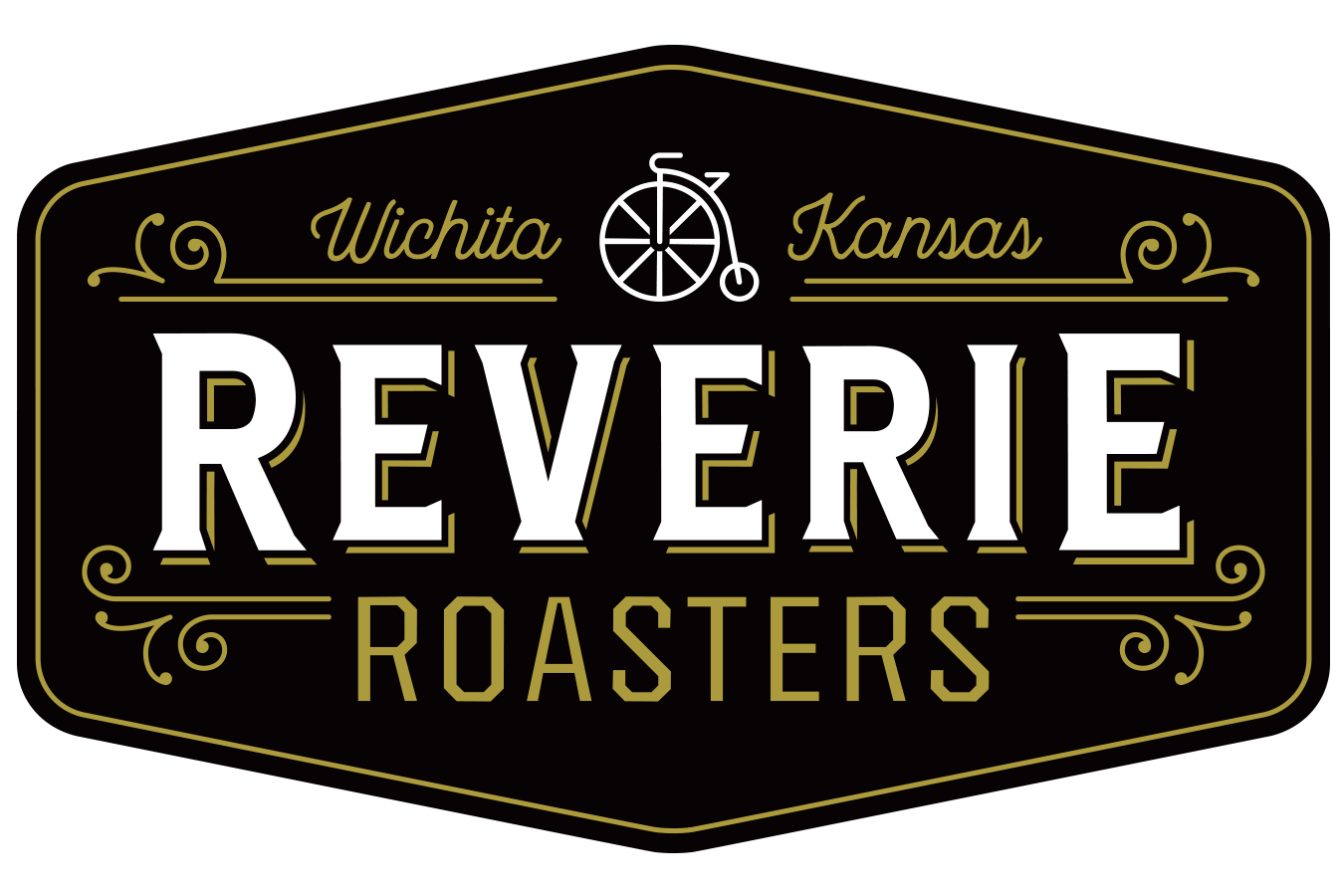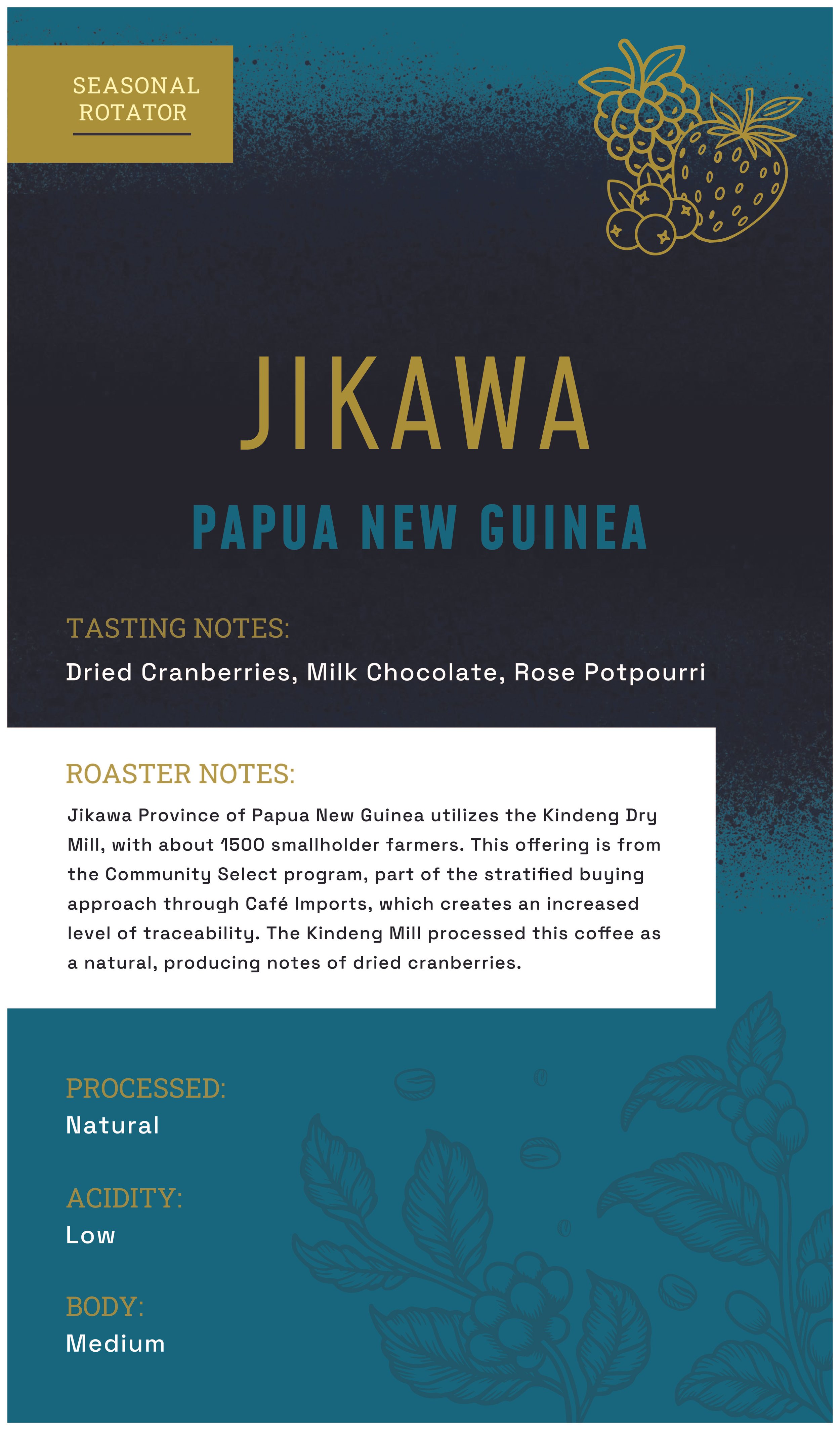El Salvador El Naranjito


El Salvador El Naranjito
Process: Honey
Acidity: Medium
Body: Light
Taste Like: Honey, Allspice, Honedew
Elevation: 1300-1700 MSAL
El Naranjito is produced by Mapache Estates in El Salvador. This particular lot is from the El Naranjito farm overlooking the Pacific Ocean. During the rainy season, the trees barely get touched by sunlight. Combined with the considerable humidity, these are excellent growing conditions. This honey processed lot is balanced and approachable.
Mapache maintains a strong commitment to the well-being of coffee forests, ensuring that every farm has a canopy protecting the coffee plants and soil. Their modern wet mill, called Beneficio El Recreo, uses limited amounts of water during the washing process, then recycles and reuses that water in the same process. All the remaining pulp from the wet milling process is incorporated back into the farms as compost, returning key nutrients to the soil.
NOTES FROM THE IMPORTER
BALZAC BROTHERS AND COMPANY
Cupping Notes: kiwi, brown sugar, honey, tropical, orange blossom
Mapache Coffee is a fifth-generation company of coffee producers, owned and managed by Jan-Carlo and Sofia Handtke in the Apaneca Ilamatepec mountain range of El Salvador. Mapache Coffee employs over 125 locals year-round, but during harvest season, their staff swells to 600 people who work together to build coffee nurseries, replant at Mapache’s six farm properties, and process the perfectly ripe cherries that come from them.
Mapache maintains a strong commitment to the well-being of the coffee forests, ensuring that every farm has a canopy protecting the coffee plants and soil. Their modern wet mill uses limited amounts of water during the washing process, then recycles and reuses that water in the same process. All the remaining pulp from the wet milling process is incorporated back into the farms as compost, returning key nutrients to the soil.
Mapache calls this Bourbon Honey lot one of their “Fantastic Four Coffees”. It was processed 100% by hand at their milling station. The fresh cherries are first floated using barrels full of clean water, then the pulp is separated using a manual pulper that uses no water at all. The mucilage covered beans are dried on their raised beds for more than 15 days. Partida 112 was picked in the middle of harvest when most of the cherries are perfectly ripe, making selection easier. The cherries come from unique rows of Bourbon planed at 1350 meters above sea level on “El Tamagás” peak, a mountain named from the poisonous snake that inhabits the mountains of Concepción de Ataco.






